The nomination of Ajay Banga as the U.S. candidate for World Bank president is welcome news. If history is any guide, Mr. Banga will be elected, maybe unanimously, as the next World Bank president. His nomination, therefore, carries considerable import. It suggests that the Biden administration seriously believes the World Bank should:
- Scale up financial support to all clients—low-income countries (LICs), lower-middle-income countries (LMICs), upper-middle-income countries (UMICs), vulnerable countries, and countries facing fragility and conflict.
- Develop a new growth vision, narrative, and operational package that can simultaneously deliver on internationally agreed climate and development goals.
- Support national governments in developing cooperative multilateral partnerships with other official financing institutions and private investors to deliver systemic change.
Finance
One of the most urgent tasks facing the new president is to navigate complex financial waters. The founding World Bank agency—the International Bank for Reconstruction and Development (IBRD)—has successfully used leverage to finance its operations. Since 1946, shareholders have contributed $20.5 billion in paid-in capital, which has supported a total of more than $500 billion in loans for poverty reduction.
Today, leveraged institutions are the most obvious channels through which to finance climate and development at a scale that could make a material difference—now thought to be on the order of $1 trillion a year. IBRD is faced with difficult choices. Its shareholders have encouraged it to scale up lending significantly, but opinion is divided as to how much can be done based on existing capital, and how much new capital will be required. Ajay Banga will need all his experience as CEO of Mastercard, a large financial services firm, to find the right balance; partly a technical challenge and partly a political challenge of persuading IBRD’s national government shareholders that he is able to deliver more to all clients—LICs, LMICs, and UMICs—without jeopardizing the financial health of the institution and without shortchanging any one group by paying more attention to the other.
The politics come into even sharper focus when negotiating with governments on contributions to the International Development Association, the concessional lending arm of the World Bank, and other World Bank-managed trust funds, including the Climate Investment Funds. Donors have been moving away from the World Bank. For example, countries contributed $36 billion equivalent to IDA16 for FY 2012-14, but only $23.5 billion to IDA20 for FY 2023-25. The co-benefits to rich countries of faster and more sustainable development in developing countries are clear—less conflict and fragility, more trade, biodiversity protection, participation in pandemic surveillance, and of course, climate mitigation and disaster risk reduction. Mr. Banga’s job will partly be to encourage donors to provide more aid, and partly to make the case that existing aid can be more effectively used when channeled through multilateral funds, such as those provided by the World Bank.
An added complication: Aid is now needed for many middle-income countries—those suffering loss and damage from climate-related natural disasters, those being encouraged to act in the global interest (for example, coal decommissioning, pandemic surveillance, and nature preservation and conservation), and those where a small amount of grants can catalyze action, like funds needed for project preparation and for legal and financial technical advice on specialized topics and for staffing new platforms. Building the case for aid to middle-income countries without crowding out aid to the poorest and most vulnerable countries is delicate but necessary.
Market borrowing and aid will not be sufficient to get the job done. The World Bank must mobilize private capital. It has a range of instruments, from guarantees to insurance products, but these are not used at scale. A president who understands private business could help unleash new programs of “blended finance,” a much-discussed concept that has so far failed to deliver on its potential.
Vision and operations
In 2014, under Ajay Banga’s leadership as CEO, Mastercard launched a nonprofit Center for Inclusive Growth with a mission to “advance equitable and sustainable economic growth and financial inclusion around the world.” The core ideas of equity and sustainability resonate with the discussion today about a new development narrative—the “global growth story of the 21st century” as Professor Nick Stern and colleagues have called it. It bodes well for the World Bank that its new president championed these ideas before they became fashionable and is committed to climate, equity, and development. He will now have an opportunity to go from theory to practice.
Any large, spread-out organization needs a vision and mission statement that answers the what, how, and why questions of employees, clients, and other stakeholders. The World Bank, with 19,000 staff from 170 nations and offices in 130 locations, certainly qualifies as a large, spread-out organization. Mr. Banga is used to such structures—Mastercard has upward of 80 offices worldwide and a staff of 29,900. Many modern business practices of large organizations, such as scaling solutions, data-driven learning, and the use of innovative technologies should be second nature to him. He will also be well-versed in the art of persuading finance ministers and other government officials in developing countries to open sensitive sectors to the private sector, a skill he will need if the vested interests in state-owned utilities and other government monopolies are to be overcome.
Multilateral partnerships
Perhaps the biggest challenge for the new president will be to strengthen true partnerships with other financial institutions, domestic and international, bilateral and multilateral, and official and private. Long-standing calls for the multilaterals to improve efficiency and effectiveness by operating as a system have largely gone unheeded. Each retains its own procurement and safeguard rules, and there is little co-financing of larger programs that could achieve systemic change. Each guards its own independence and culture. Even within the World Bank Group, it has been hard to find areas of true synergy between the various organizations.
These issues are coming to the fore in the new partnerships being created to manage green transitions. National governments may be allowed to draw up their own plans, but bilateral donors are vocal advocates in the implementation, sometimes bringing their own geopolitical issues into the mix. Meanwhile, the private sector is often called on last, more as an observer than a partner—witness the deadlock over their participation in debt crisis resolution mechanisms.
Building effective partnerships is a culture issue that can be particularly hard for organizations that think of themselves as best-in-class. Ceding ownership means losing control and exposing an institution to risks that derive from the actions of its partners. Those can distract and cause reputational damage, but they must be managed rather than avoided through taking charge.
There are many other positives in Mr. Banga’s resume that suggest he has the qualifications to be an outstanding president. Let us hope that his nomination is but the first step in a more systematic effort by its largest shareholder to make the World Bank fit-for-purpose in the 21st century.
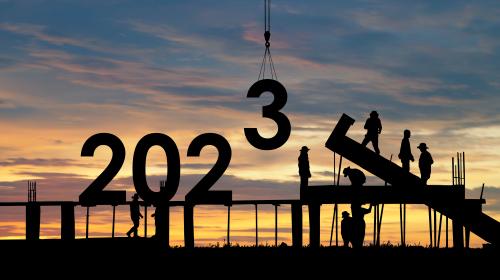
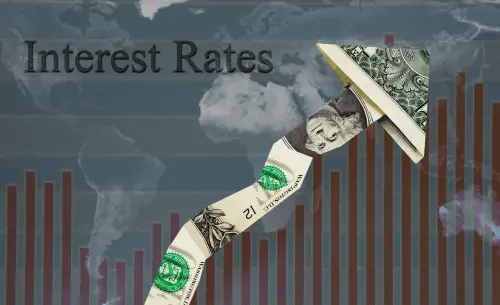
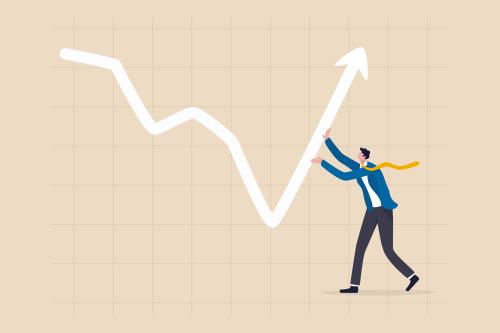
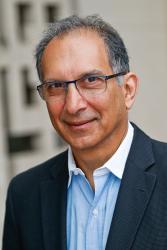


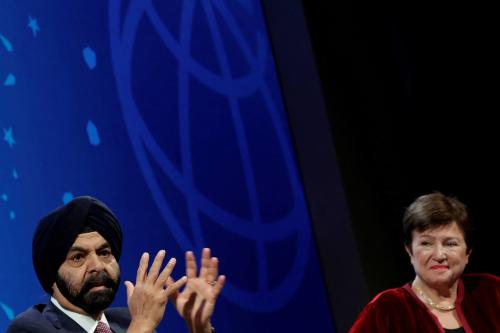
Commentary
Ajay Banga: The US nominee for World Bank president
February 24, 2023